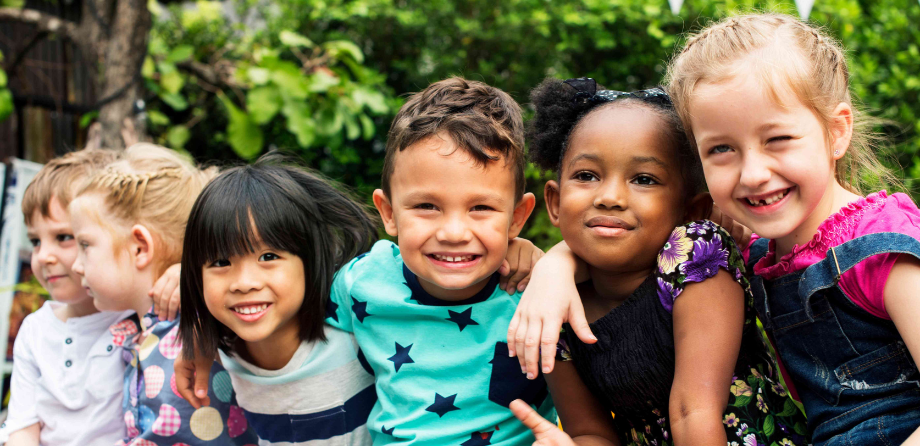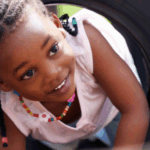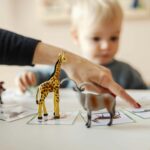
Top tips: Building belonging through resources
Creating a truly inclusive environment means making sure every child feels seen, valued and celebrated. The resources we select play a big role in shaping children’s understanding of themselves and others. By offering diverse, authentic and accessible materials, you can help children build respect, empathy and a sense of belonging from the beginning of their journey with you. See our top tips for building belonging through resources.
Top tips for building belonging through resources
- Representation matters: Choose books, dolls, jigsaws, displays, etc that show children and their families of different ethnicities, cultures and abilities. Keep diversity visible in everyday play, not only for special occasions
- Avoid stereotypes: Select resources that present people in a wide range of roles, for example, women as surgeons or scientists, men as carers and children with differing abilities and mobility participating in everyday activities
- Think beyond appearance: Celebrate diversity in family structures such as a child living with two mums/two dads or blended families. Celebrate diversity in religions, languages and traditions. Offer items such as food, clothes and musical instruments from around the world
- Accessibility: Ensure resources are inclusive for children with different abilities, for example, large-handled tools/brushes, tactile books and visual aids all support wider participation
- Reflect the local community: Encourage families to share photos, cultural items and stories. This enriches your nursery and builds good home-nursery links
- Rotate and refresh: Regularly review and update resources. Remove items that feel outdated or tokenistic and bring in new things that reflect children’s ever evolving interests and identities
- Include children’s voices: Ask children for their input on what they’d like to see or play with. Their perspectives can highlight gaps adults might not see
- Use real world links: Invite visitors (could be family members) from different backgrounds and professions to share experiences. Meeting real people supports children’s understanding and respect for diversity in everyday life.
NDNA products to help you with this tip
Quality Teaching in the Early Years nursery training – Face to face training
Disclaimer: Activities with children must always be risk assessed, including for allergies or choking. Children must always have adequate supervision. Resources and materials must always be appropriate for children’s age and stage of development.
- MyNDNA
- Tips
Similar Articles
Early years activity: Mini movers obstacle challenge

Top tips: Inclusion in action


